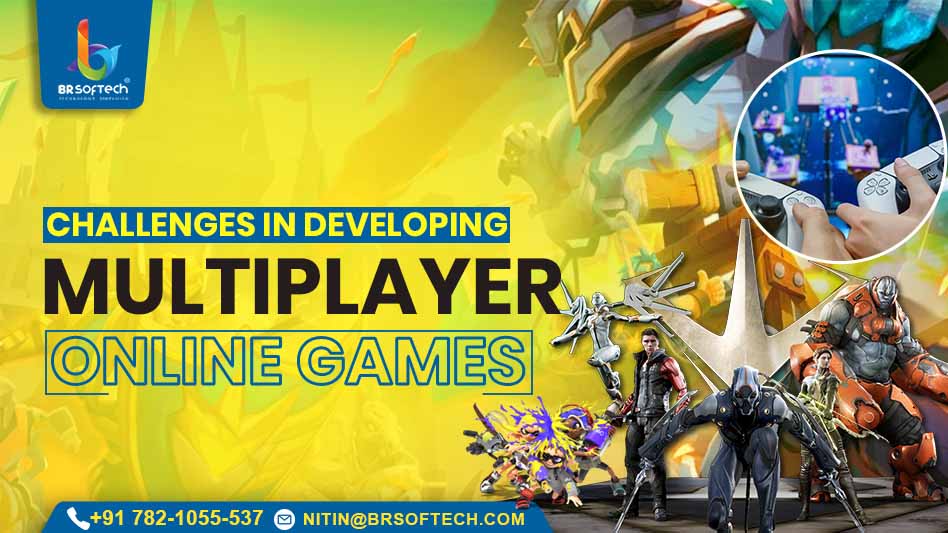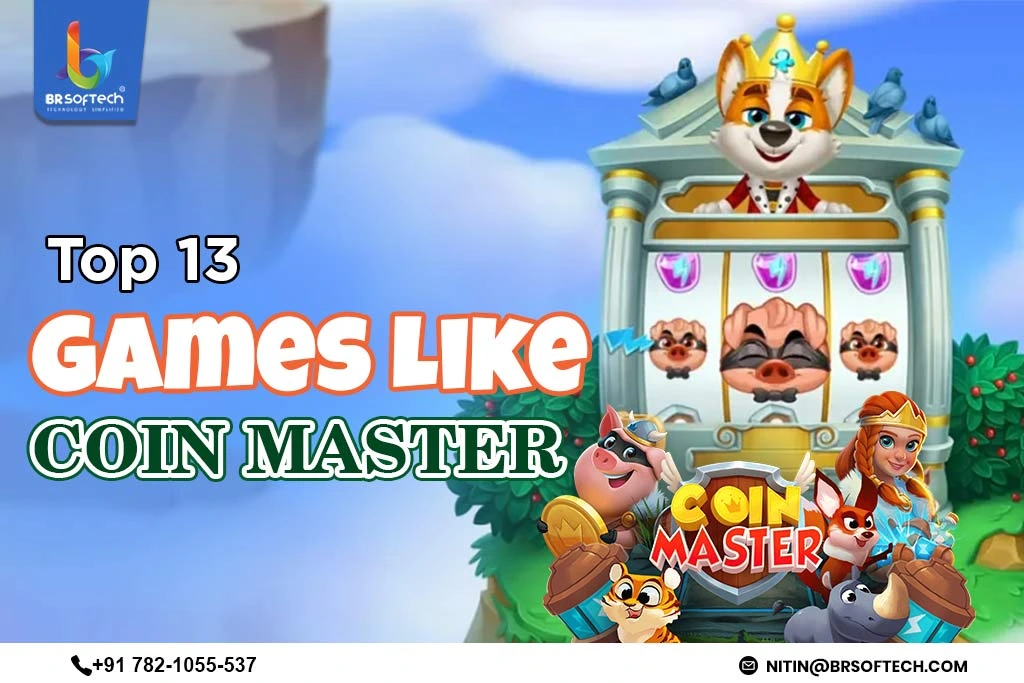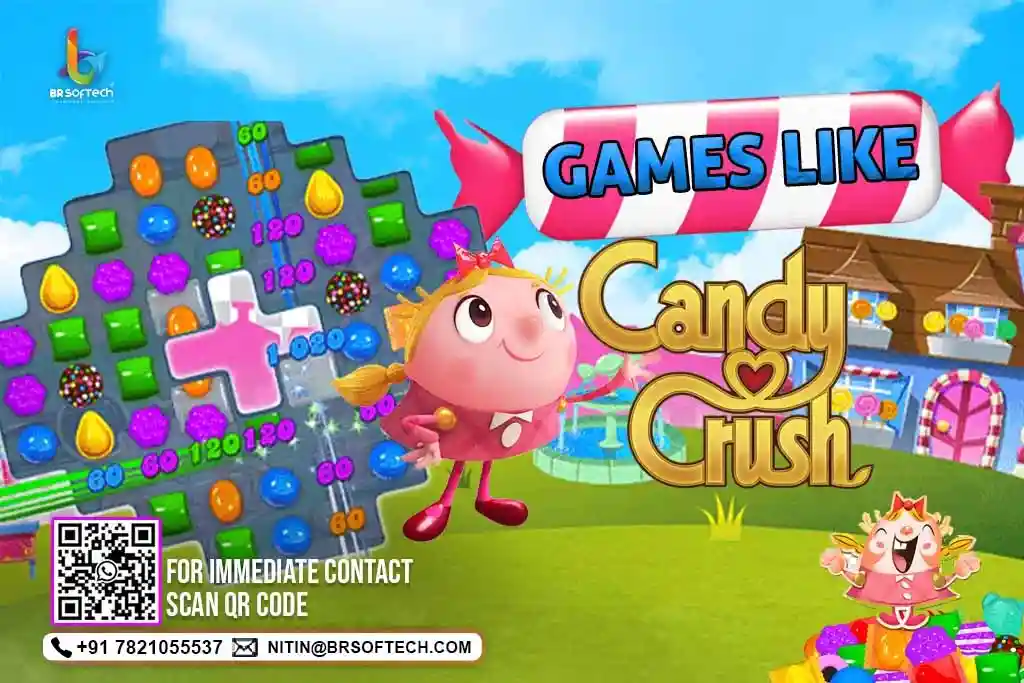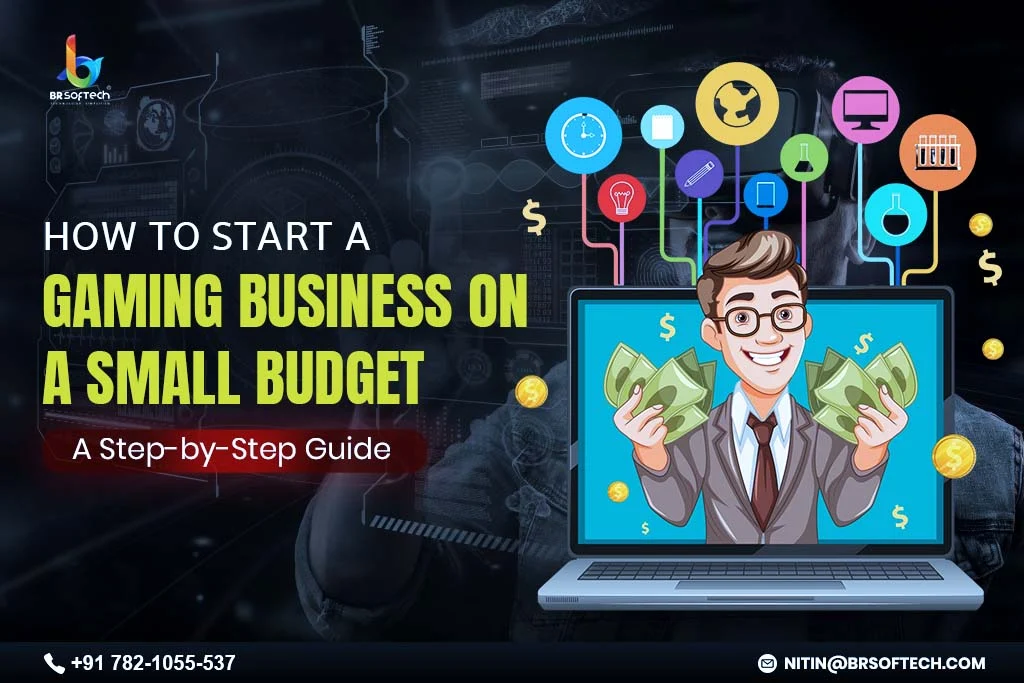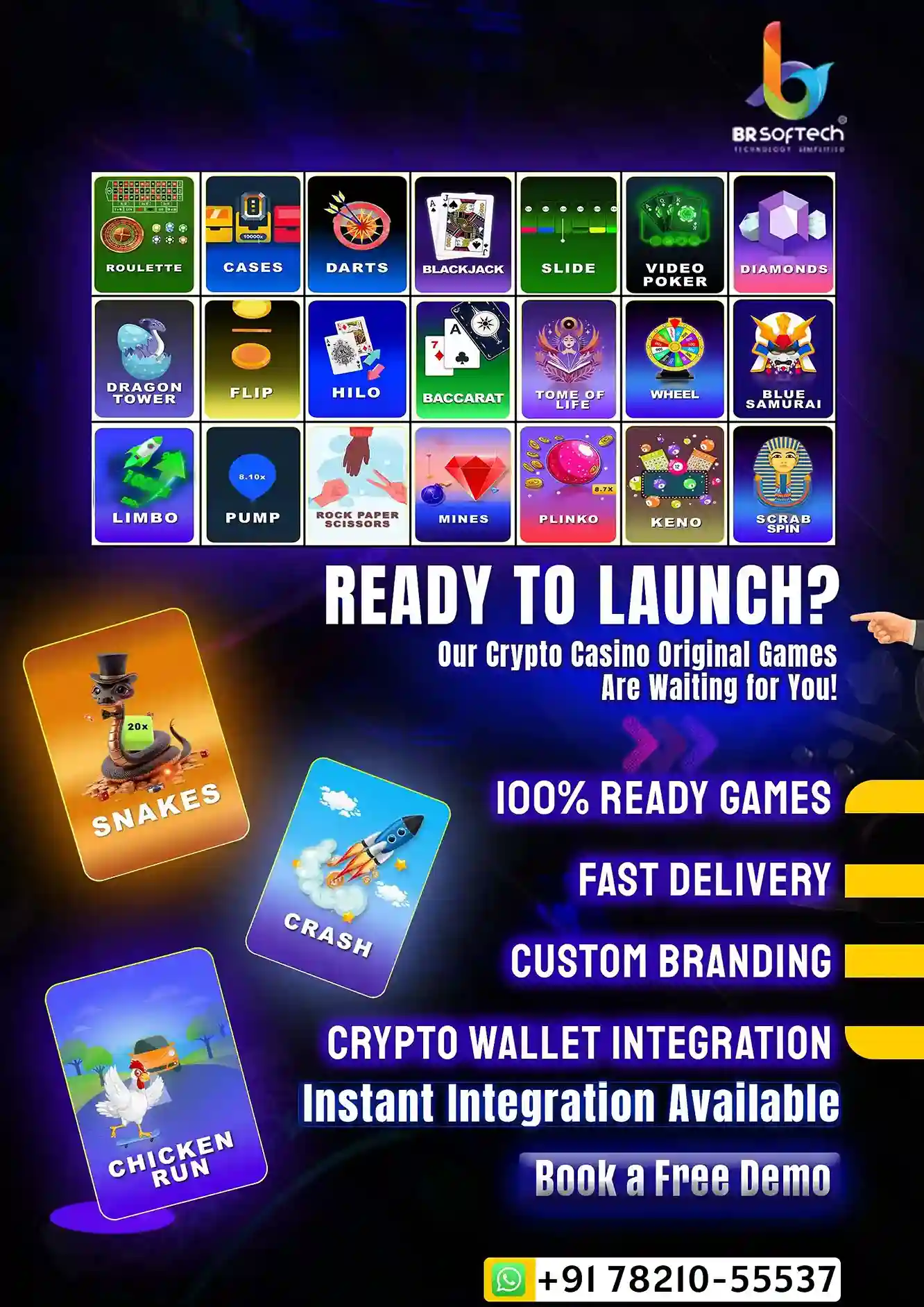Multiplayer online games are more popular than ever. People love playing with friends or strangers across the world in real time. But building a smooth and fun multiplayer game is not easy. It takes a lot of planning, testing, and choosing the right technology.
This blog will explain to you the top challenges that game developers face when creating multiplayer online games and how to overcome them.
The Growth of Multiplayer Gaming
Multiplayer gaming has come a long way. It started with simple local games where two or more players shared the same screen, like in arcades. Today, it has grown into huge online games where people from around the world can play together. This big change happened mainly because of better technology and faster internet, which now makes it easy for players to connect anytime, anywhere.
Multiplayer games are popular because they allow people to interact, compete, and build friendships. Whether you’re joining forces with friends to complete a mission or challenging others in an online match, these games create exciting and social experiences for everyone.
Why Multiplayer Games Are So Popular
Multiplayer games are a big part of today’s gaming world. They let players connect with others, making the experience more fun and social. Games like Minecraft, Fortnite, Among Us, and Call of Duty have shown how multiplayer features can make a game go viral and attract players worldwide.
But while these games are hugely successful, building them is not easy. Game developers face many technical and design challenges to make sure the game runs smoothly and keeps players engaged.
What are the Challenges in Developing Multiplayer Online Games
1. Real-time Communication
Real-time communication is complex in multiplayer online games. Players need to interact instantly, like shooting, jumping, or moving together. Any delay can ruin the experience and make the game feel unfair. Developers must use fast and reliable tech to keep everything in sync.
Solution:
Use fast networking technologies like WebSocket, Photon Engine, or Unity Netcode to ensure instant data exchange between players. These tools reduce delays and keep all players updated in real time. Real-time sync helps create smooth and fair gameplay.
2. Server Load Handling
When many players join a game at once, the server can get overloaded. This can cause crashes, slowdowns, or disconnects. It requires strong and scalable server systems to handle high loads. Cloud-based solutions help manage this load better.
Solution:
You need to use cloud servers that are scalable in nature. For example: AWS, Azure, or Google Cloud. These platforms adjust server power based on user load. If you implement load balancing and auto-scaling, then game crashes can be prevented during high traffic.
3. Lag and Latency
Lag is a delay that happens between a player’s action and the game’s response. High latency can make gameplay slow or choppy, especially in competitive games. In reality, players make a move, and it comes to action after a few seconds. Developers must use smart tools and regional servers to keep the connection fast and smooth.
Solution:
Reduce lag by placing servers closer to your users (regional servers) and using data compression techniques. You can also apply lag compensation algorithms and predictive movement to smooth out delays for a better player experience.
4. Cross-Platform Play
Many players use different devices like mobile, PC, or console. Making the game run smoothly on all platforms is a tough task. Developers have to ensure the gameplay, graphics, and controls work well across devices without bugs or performance drops.
Solution:
Use game engines like Unity or Unreal Engine, which support cross-platform development. Test your game on multiple devices and adjust graphics and controls to match platform capabilities. This will provide a seamless multiplayer gaming experience on mobile, computers, and consoles.
5. Cheating and Game Security
Online multiplayer games often face problems with hackers and cheaters. These players use tools to gain benefits over other players. Developers need to build strong anti-cheat systems and secure the game from attacks.
Solution:
Use anti-cheat software like Easy Anti-Cheat or BattlEye and perform server-side validation for actions. This blocks hacks like aimbots or speed cheats. By delivering regular security updates and encrypting in-game communication, you can protect game and user data.
6. Matchmaking and Fair Play
Players want to be matched with others of similar skill levels. If matchmaking is unfair, beginners may end up playing with pros, which leads to frustration. The top multigaming app development company uses smart matchmaking systems to ensure fair and fun gameplay for everyone.
Solution:
Apply AI or ML-based matchmaking systems that group players by skill level, rank, and behavior. You can also use ping and location to improve match quality. This creates a fair match for all.
7. Synchronization
All players in a multiplayer game should see the same thing at the same time without any kind of delay. If the game is not properly synchronized, players may experience bugs or inconsistencies. Syncing game data across all devices in real-time is a major technical challenge.
Solution:
Use techniques like state syncing, rollback netcode, and client prediction to keep all players’ game states in sync. This ensures everyone sees the same game world at the same time, even with minor network delays.
8. Voice/Text Chat Moderation
Voice and text chats help players communicate, but they can also be misused. Toxic behavior, abuse, or offensive language can harm the game’s community. Developers need to add filters, mute options, and moderation tools to keep chats clean.
Solution:
Add AI-powered game content filters, manual reporting tools, and block/mute features to chat systems. These help detect and reduce toxic messages or abuse in real time. Safe communication keeps the gaming community friendly and inclusive.
9. Cloud and Storage Costs
Multiplayer games store large amounts of data, like player info, match history, and assets. Managing this data on the cloud can get expensive. Developers must optimize storage, clean unused data, and balance performance with cost.
Solution:
Optimize game data by removing old logs, compressing assets, and using lightweight data formats like JSON. Choose cost-efficient storage plans and auto-scaling options from cloud providers to control spending without losing performance.
10. Updates Without Downtime
Games need regular updates for new features or bug fixes. But taking the game offline during updates can upset players. A good solution is live patching, where updates are rolled out without shutting down the servers.
Solution:
Use hot patching or live update systems to make changes without interrupting gameplay. Cloud-native tools like Kubernetes can help roll out updates gradually. This allows you to fix bugs and add features while players stay connected.
The Future of Multiplayer Gaming
The future of multiplayer gaming looks brilliant as technology keeps improving. New innovations like 5G internet, cloud gaming, and virtual reality are changing how people play games together. These new tools will bring fresh challenges, but they also offer exciting new ways to connect and play.
Developing multiplayer games is not easy. It takes a lot of creativity and problem-solving to build games that are smooth, fun, and reliable. But developers are constantly working to improve the experience, creating games that bring players from around the world together.
Multiplayer gaming will continue to grow, offering more interactive and immersive adventures. Whether you’re teaming up with friends or competing online, these games provide unique experiences that keep players coming back.
In the end, it’s the shared fun, teamwork, and competition that make multiplayer games so special. With new technology and fresh ideas, this part of the gaming world is set to become even more exciting in the years ahead.
Frequently Asked Questions (FAQs)
Q1. Why are multiplayer games hard to make? Ans. Multiplayer games are hard to make because they require real-time interaction between players, stable servers, and low-latency communication. Developers must also handle security, matchmaking, syncing game data, and making the game work on different devices. All of this takes advanced coding, planning, and testing.
Q2. What are the challenges in creating online multiplayer games? Ans. Creating online multiplayer games comes with challenges like lag, server overload, cheating prevention, and fair matchmaking. Developers also need to ensure that all players stay in sync and that the game runs smoothly across platforms like mobile, PC, and console.
Q3. What is the hardest online multiplayer game? Ans. The hardest online multiplayer games are usually competitive ones that require quick thinking and teamwork. Games like Dota 2, League of Legends, and Escape from Tarkov are known for their high difficulty due to complex mechanics, strategy, and skilled opponents.
Q4. Why are multiplayer games so hard now? Ans. Multiplayer games feel harder now because modern games have more complex systems, advanced AI, and highly skilled global players. The learning curve is steep, and competitive matchmaking often pairs you with strong opponents, making games more challenging.
Q5. What is the challenge in game design? Ans. The main challenge in game design is balancing fun, fairness, and functionality. Designers must create engaging gameplay that works well on different devices, keeps players interested, and avoids bugs or unfair advantages. In multiplayer games, this becomes even harder due to real-time play and player interactions.





